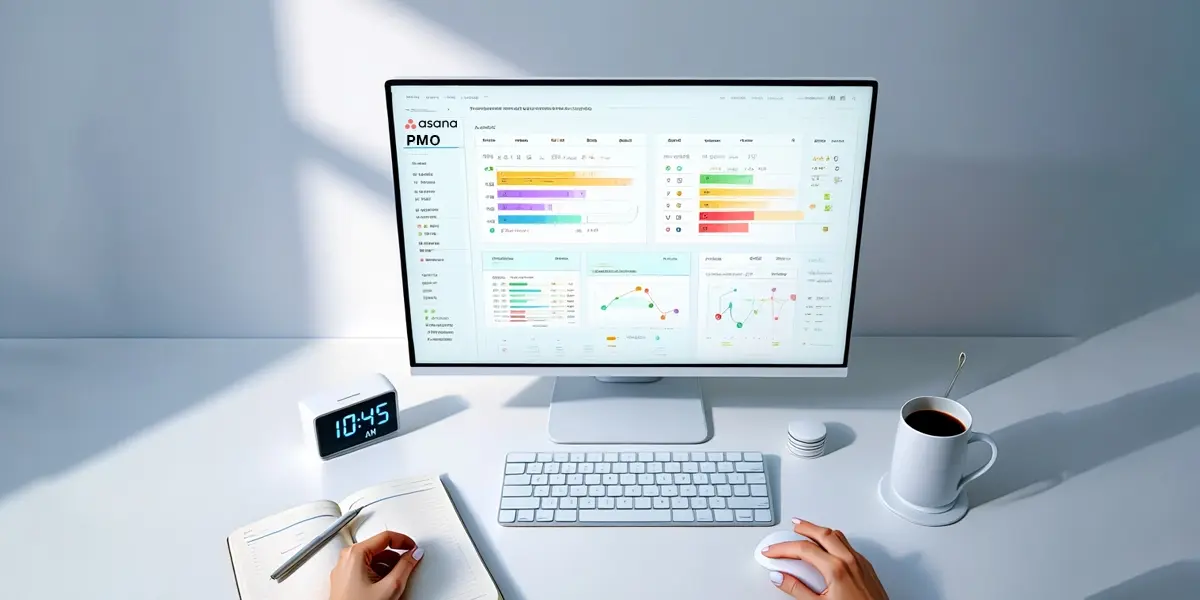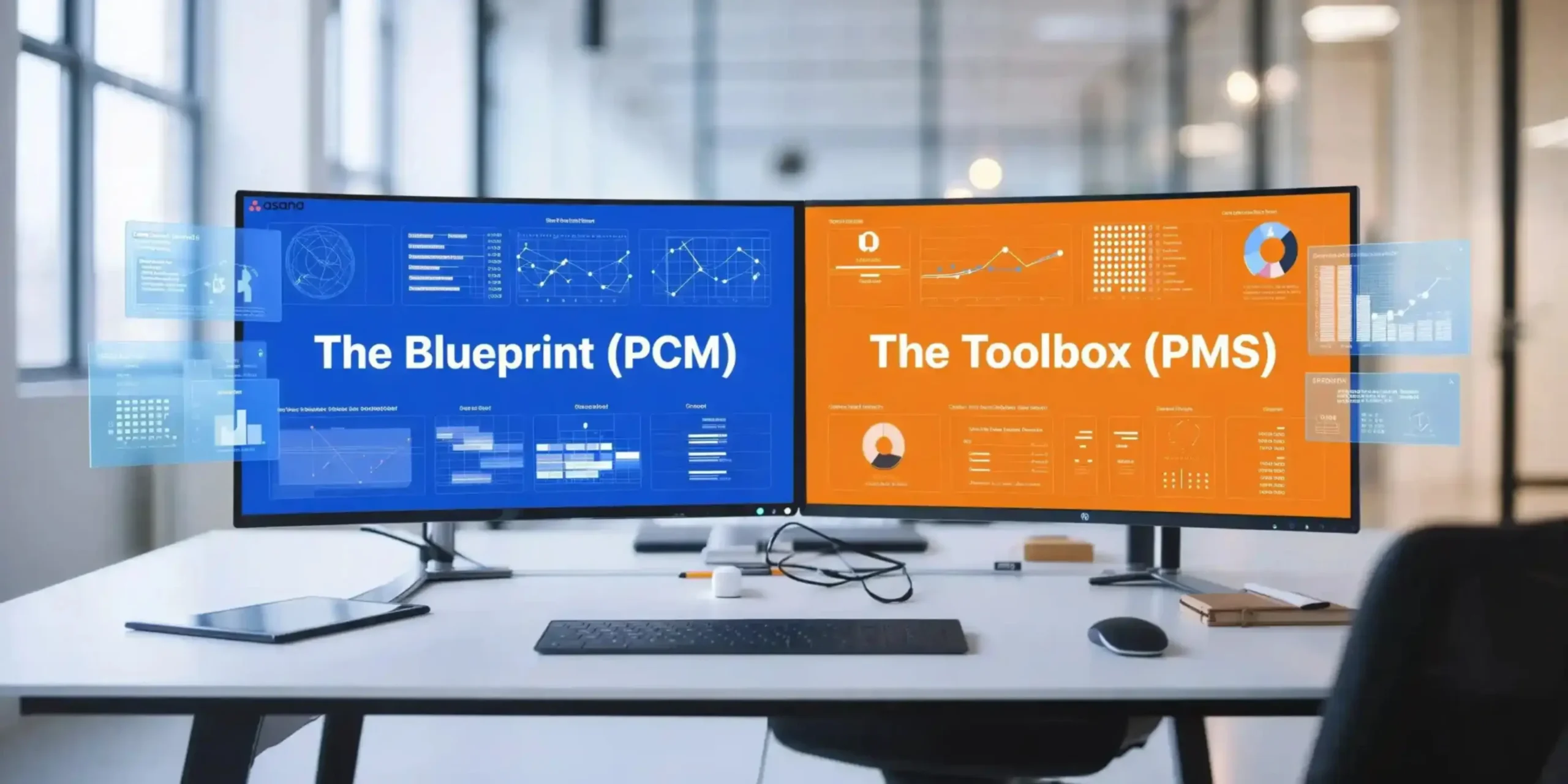
In today’s complex and fast-moving business world, managing projects efficiently is no longer a luxury it’s a necessity. Whether you’re a startup managing product launches or a large enterprise coordinating multi-department initiatives, having the right tools can make or break a project’s success. This is where a project management platform proves invaluable.
A project management software is a digital tool designed to help teams plan, execute, monitor, and complete projects effectively. It provides a centralized hub for collaboration, scheduling, task tracking, resource allocation, and more. But beyond the features, what truly matters are the tangible benefits it brings to an organization.
Here’s a look at how organizations can benefit from using a project management platform.
1. Centralized Communication and Collaboration
One of the biggest challenges in project management is miscommunication. Emails get lost, messages go unread, and information falls through the cracks. A task management platform solves this by creating a single source of truth for all project-related information.
Team members can share updates, documents, and feedback in real time. Whether you’re working with in-house staff or remote collaborators, everyone stays on the same page. This improves alignment, reduces misunderstandings, and leads to faster decision-making.
2. Clear Task Management and Accountability
A well-organized platform allows teams to break down projects into tasks, assign responsibilities, and set deadlines. This creates clear accountability, so everyone knows who’s doing what and by when.
Managers can easily track progress and identify bottlenecks before they become serious issues. Meanwhile, team members have a clear view of their priorities and can manage their time more effectively.
Read More: What is Work Order Management Software & How Does It Work?
3. Improved Planning and Scheduling
Planning is the foundation of any successful project. Project management platforms offer tools like Gantt charts, calendars, and timelines that help managers visualize how all the pieces fit together.
You can allocate resources, identify dependencies, and set milestones. This level of visibility is especially helpful for managing complex projects or coordinating across multiple teams. With accurate planning, you reduce the risk of missed deadlines and budget overruns.
4. Real-Time Progress Tracking
Monitoring progress in real time is essential for staying on track. A project management platform provides dashboards and reports that update automatically as team members complete tasks or adjust timelines.
This enables project managers to make data-driven decisions quickly. If a task is delayed or a resource is overbooked, you can adjust your plan in real time to minimize disruption.
5. Better Resource Allocation
Resources whether it’s people, equipment, or budget are often limited. A project management system helps you use them more wisely.
With visibility into who is doing what and how long tasks are taking, managers can balance workloads, prevent burnout, and make sure key personnel are available when needed. You can also avoid over-allocation and ensure that high-priority projects get the attention they deserve.
6. Enhanced Documentation and Knowledge Sharing
Project management system serve as a digital archive of every project. All discussions, files, approvals, and decisions are stored in one place. This is incredibly useful for:
- Onboarding new team members
- Learning from past projects
- Meeting regulatory or compliance requirements
Having this documentation accessible makes it easier to replicate success and avoid past mistakes.
7. Increased Transparency and Stakeholder Confidence
When stakeholders whether internal or external can see real-time progress, risks, and updates, they gain confidence in the project’s direction. A project management platform allows for custom dashboards or shared views that give clients, executives, or team leads the visibility they need without micromanagement.
This level of transparency fosters trust and improves stakeholder relationships.
Read More: OKR Software & Campaign Management Solutions
8. Scalability and Flexibility
As organizations grow, managing projects manually becomes unsustainable. A project management tools is scalable, allowing businesses to manage more projects, users, and resources without losing control.
Many platforms offer integrations with CRM, HR, or financial tools, making them highly flexible and adaptable to your organization’s specific needs and workflows.
Final Thoughts
In an increasingly collaborative, remote-friendly, and deadline-driven world, a project management platform is not just helpful it’s essential. It empowers teams with clarity, improves communication, increases efficiency, and supports strategic decision-making.
From small teams juggling multiple responsibilities to large enterprises managing global initiatives, any organization can benefit from adopting a project management tools. Investing in the right system today will pay dividends in productivity, quality, and overall business success tomorrow.
- How to Structure and Staff a PMO Without a Big Budget - November 17, 2025
- How Can Organizations Benefit From Project Management Platform? - July 9, 2024
- How Precise is Here Technology and how can we benefit from it? - July 9, 2024



